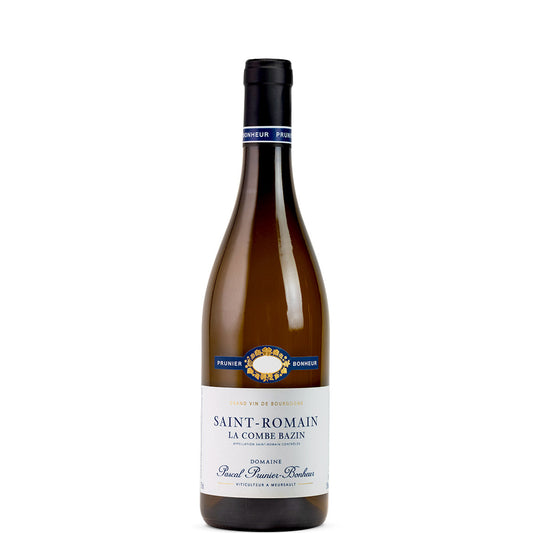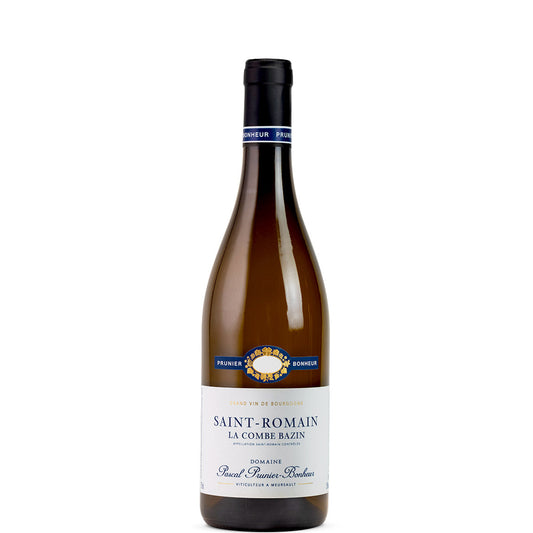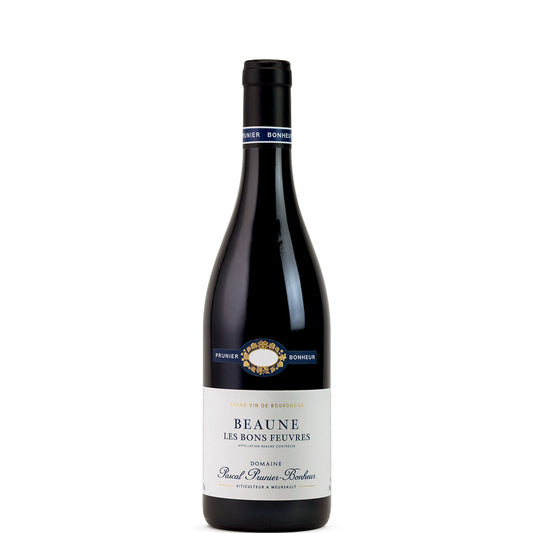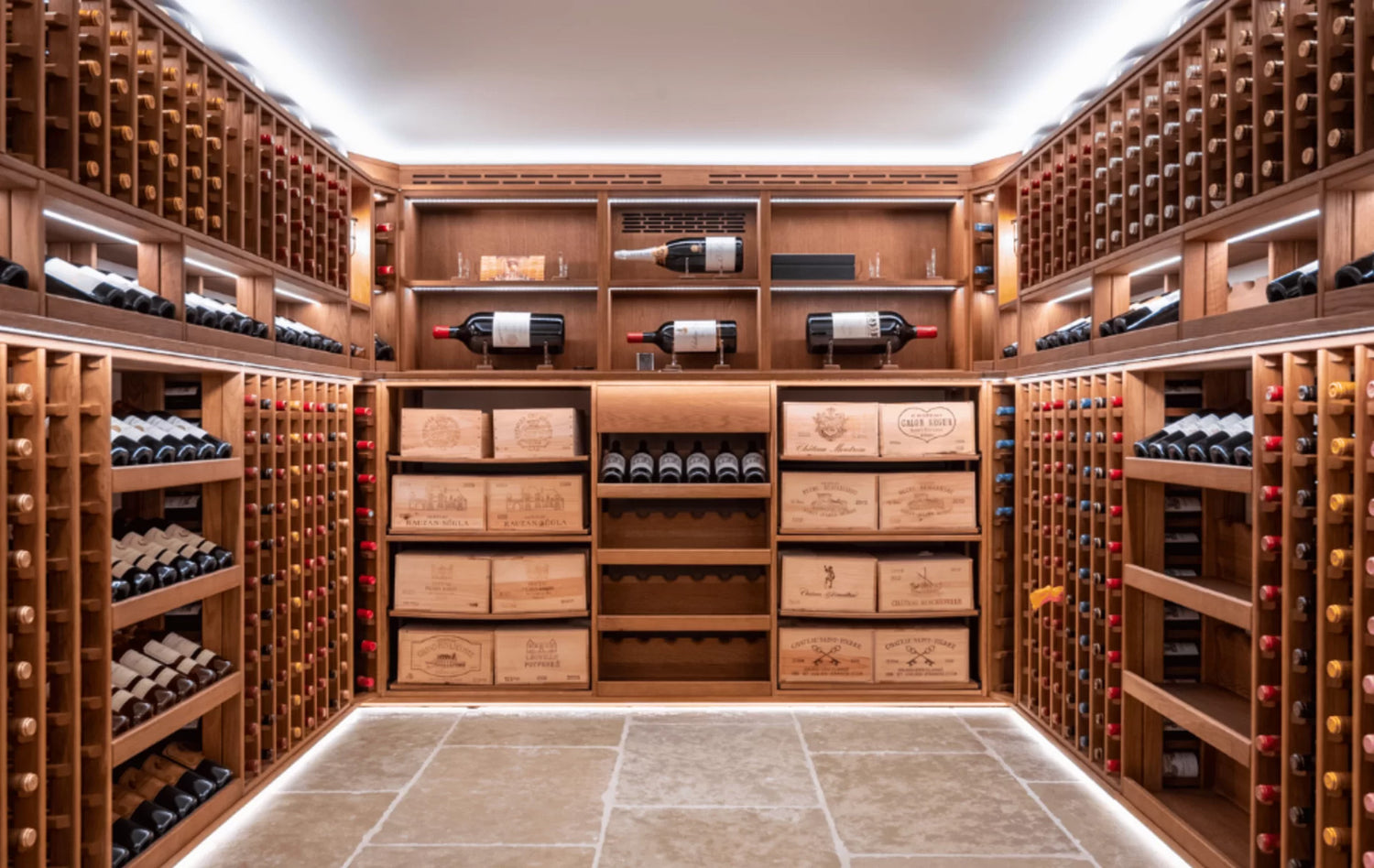The story of Domaine Pascal Preunier-Bonheur is deeply rooted in family tradition. Pascal Preunier-Bonheur, the eldest son of Jean Pierre and Andrée Prunier, carries on a legacy that dates back through numerous generations. His father, Jean Pierre, and grandfather, Jean Prunier, were esteemed grape growers in Auxey Duresses. The Prunier name remains a respected symbol of the village's viticultural heritage.
Pascal's journey in viticulture began at a young age. After completing high school, he enrolled in the viticulture school in Beaune. In 1983, at just under 20 years old, he took the reins of the estate, initially comprising three hectares of rented vines. From that moment on, he embarked on an unwavering path of hard work and dedication. In 1999, Pascal found love and a partner in Christine Bonheur. Though Christine's family had an agricultural background, she was trained as an Engineer. Their union resulted in a beautiful blend of names, Prunier and Bonheur. To acknowledge her significant contribution to the estate, they decided to rename it Domaine Prunier-Bonheur.
The Wine
Domaine Prunier Bonheur boasts 8 hectares of vineyards spread across various plots in communes such as Saint Romain, Auxey Duresses, Meursault, Monthelie, Pommard, and Beaune. In the 1990s, Pascal joined a study group exploring the possibility of reducing chemical usage. He reintroduced soil ploughing and gradually decreased treatment doses, gradually transitioning to organic farming.
Today, their philosophy is grounded in the lunar calendar, guiding their tasks in both the vineyards and cellar. They rely on sulphur and copper, reserving chemical treatments for exceptional cases. They prioritise soil management to control grass growth and continue to explore agroecological practices.
Harvest dates are meticulously chosen based on sugar levels and acidity to ensure the perfect balance for fresh and vibrant wines. White wines are aged exclusively in oak barrels, with the proportion of new wood adjusted for each cuvée and vintage. Larger 350-litre barrels are favoured for imparting freshness and finesse. After ageing for 13 to 18 months, the wines undergo a light fining and filtration process before bottling, all carefully timed based on the lunar cycle. Red wines, aged for 15 to 18 months, mature solely in oak barrels, with a proportion of new wood tailored to each cuvée. The goal is to enhance complexity without masking terroir expression. Similar to the whites, racking and bottling dates align with the lunar cycle, adding a layer of finesse to these exceptional wines!





